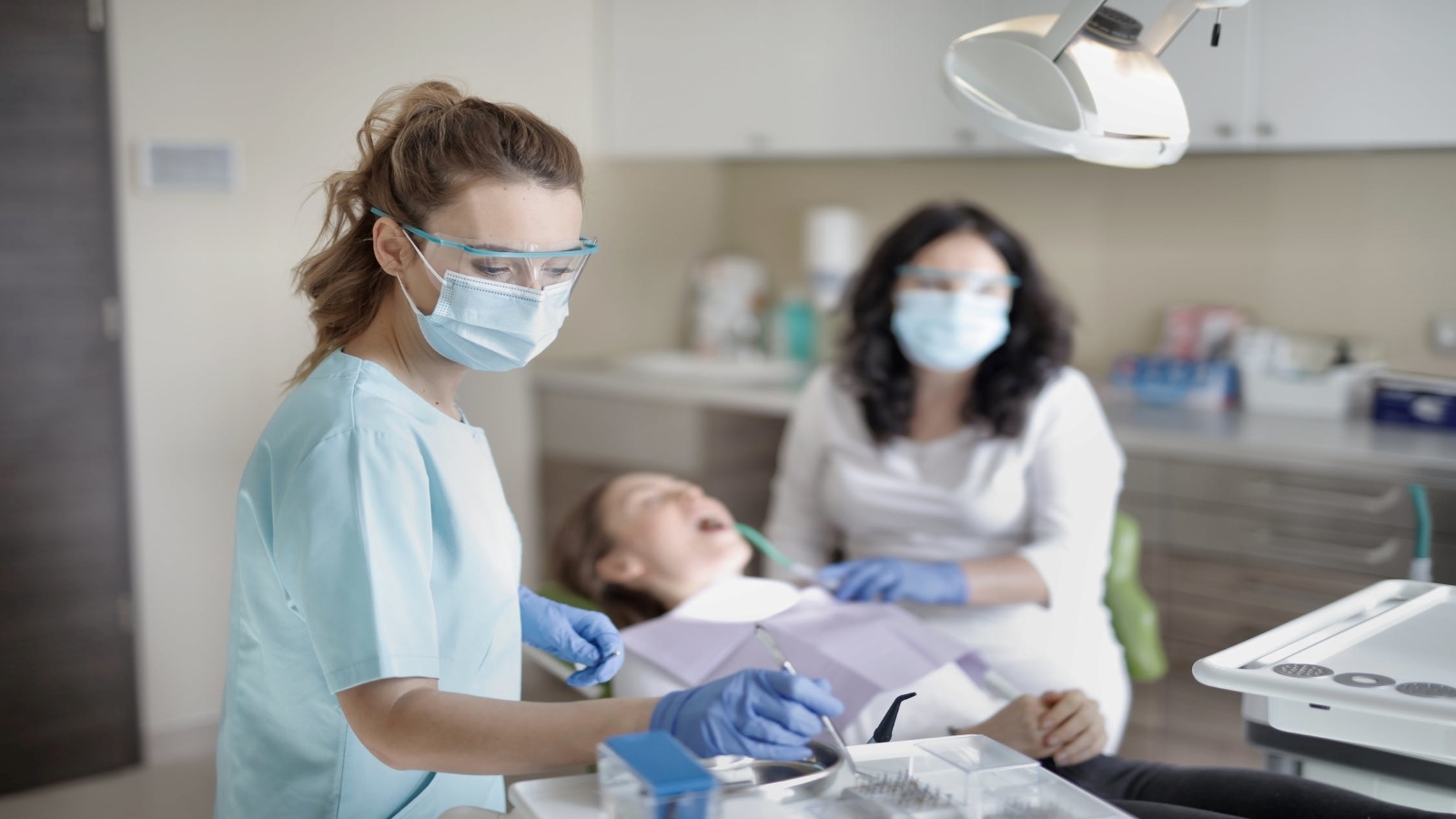The Michigan Dental Association feels that routine dental checkups are safe for patients. | Pexels
The Michigan Dental Association feels that routine dental checkups are safe for patients. | Pexels
In August, the World Health Organization (WHO) advised delaying routine dental appointments during the COVID-19 pandemic.
“WHO advises that routine nonessential oral health care -- which usually includes oral health checkups, dental cleanings and preventive care -- be delayed until there has been sufficient reduction in COVID-19 transmission rates,” according to guidance from the World Health Organization.
Stephen Meraw, periodontist and president of the Michigan Dental Association, disagrees.
“It’s not anything new in terms of scientific evidence or data; no new studies supported their opinion,” he said on "The Paul W. Smith" radio show. “We have been practicing routine dentistry care since May 31 without incident. Certainly the dentists of Michigan take this very seriously. We have a lot of safety measures in place.”
Those include temperature checks, face shields, face masks and other personal protective equipment, said Meraw.
“I think patients should know that it is a very safe place to be,” he told Smith.
He urged listeners to pay attention to the data and scientific studies when making a decision about going to the dentist.
“Anyone can have an opinion and it might be well-intentioned, but here in Michigan at least, a dental office is a safe place,” he said on the radio program. “Please feel free to contact your local dentist or the MDA if you have any questions.”
WHO recommends screening patients by phone or remote technology before their appointments.
“The aim is to ensure that only patients requiring urgent or emergency care receive treatment and that they have no symptoms suggestive of COVID-19 infection or previous risk exposure,” the WHO said.
In dentists' offices, COVID-19 is transmitted “through inhalation of droplets generated through coughing or sneezing; direct transmission via exposure of mucous membrane such as eye, nasal or oral mucosa to infectious droplets and indirect transmission via contaminated surfaces,” the WHO said, according to its August 3 release.
Adequate ventilation can reduce the spread of the virus, the WHO said.
“Any modifications to oral health care facility ventilation need to be made carefully, taking into consideration the cost, design, maintenance and potential impact on the airflow in other parts of the facility,” the guidance explained.

 Alerts Sign-up
Alerts Sign-up